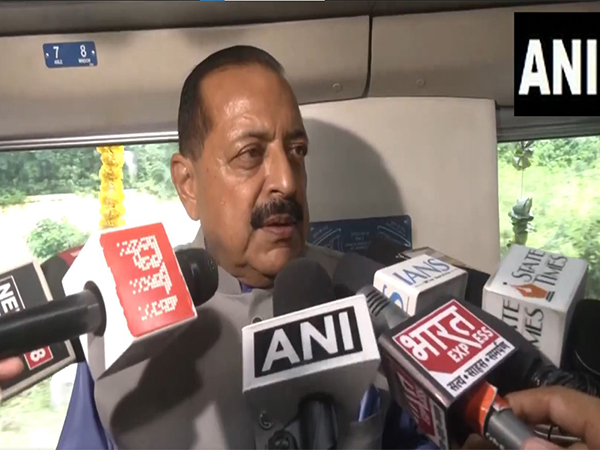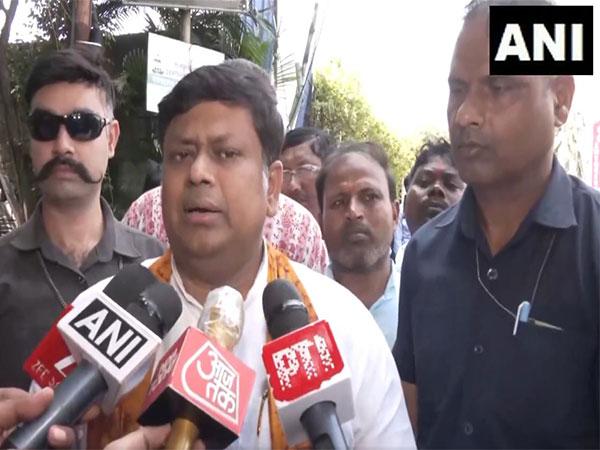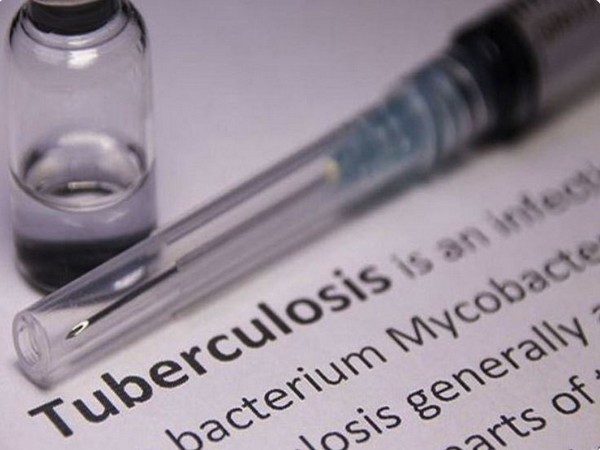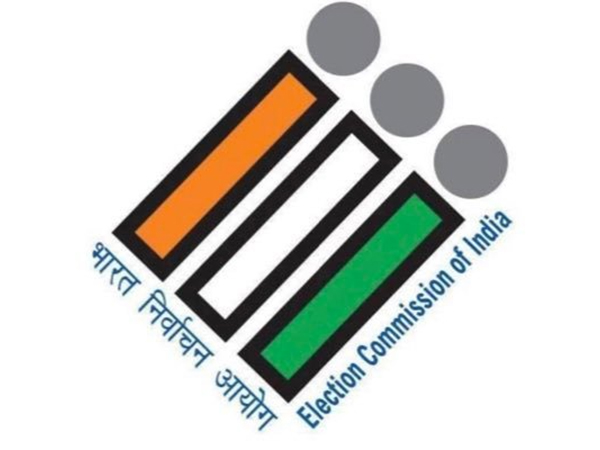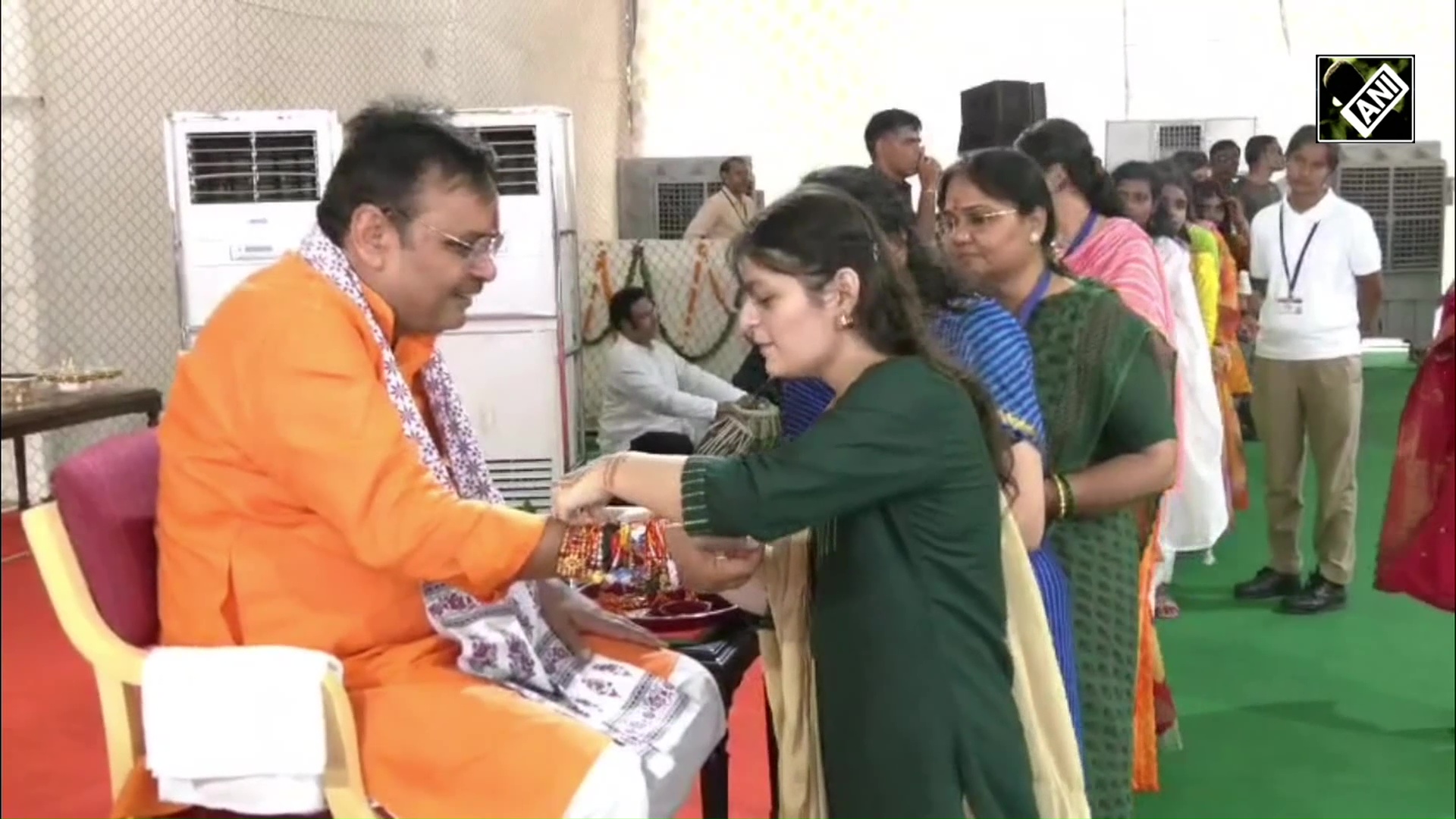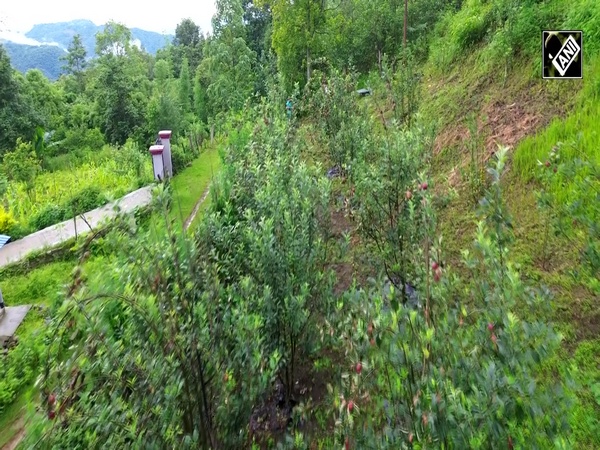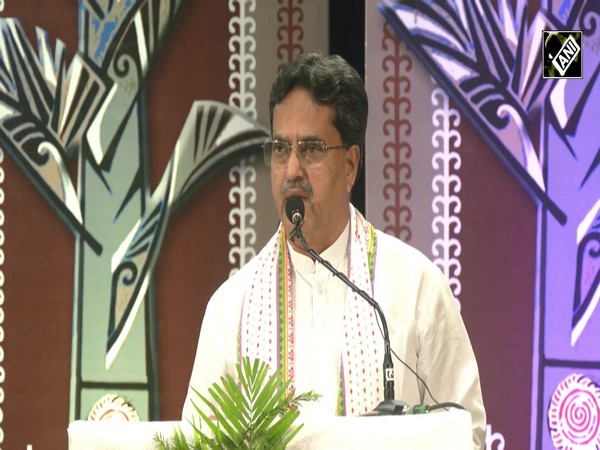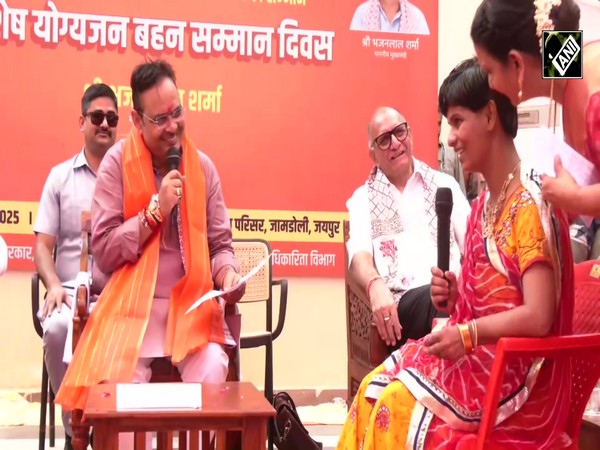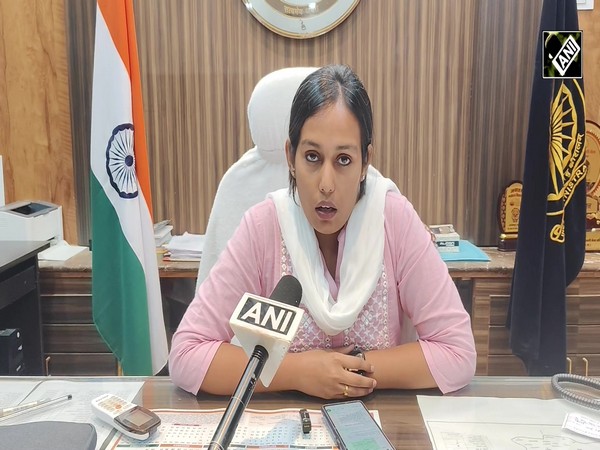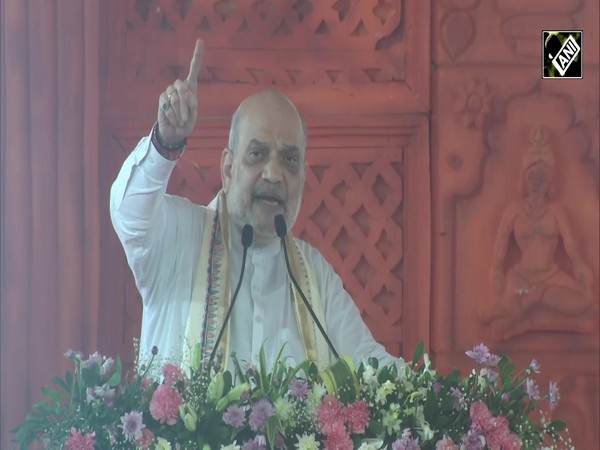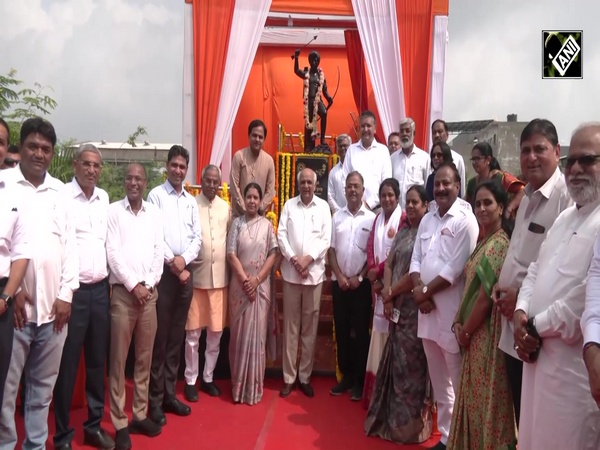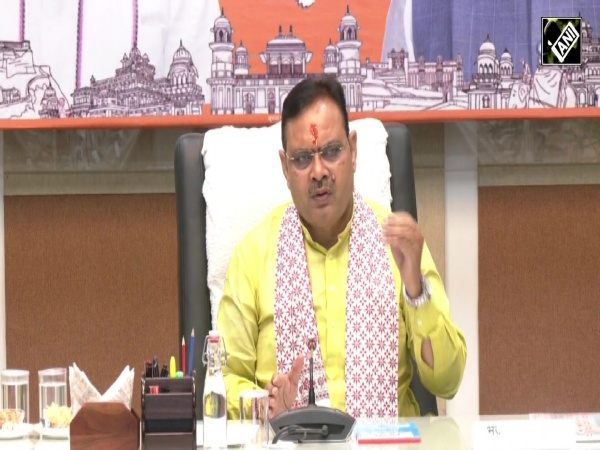Chhattisgarh: Power of Drone Didi Scheme revolutionises farming with higher yields, lower costs
Dec 08, 2024

Raipur (Chhattisgarh) [India], December 8 : Driven by the commitment to self-sustainable living, women farmers of Chhattisgarh have proven their mettle and resilience by embracing innovative technologies including flying drones in their farms.
Today, the state boasts a record of 4.95 lakh rural women as Lakhpati Didis- earning an income of Rs 1 lakh annually- this includes 76,084 women of special categories of Particularly Vulnerable Tribal Group (PVTG) and others.
In its first year, the Lakhpati Didi scheme has made significant strides, especially with initiatives like the Namo Drone Didi program in Chhattisgarh. As per officials of National Rural Livelihood Mission (NRLM) and Women & Child Development departments, under this pilot project, since the launch of this scheme the 15 beneficiary women earned a profit of Rs one lakh since December 2023.
Under this innovative scheme, Indian Farmers Fertilizers Cooperative (IFFCO) trained women farmers of nine districts by operate drones for spraying Nano fertilizers and pesticides on their crops. Now these women have become key players in improving agricultural productivity while earning an additional income of between Rs 300 to Rs 500 per acre by offering drone services to other farmers.
Attributing Drone Didi's role in increase of profit margins of agriculture, farmers in Chhattisgarh are reaping a profit benefit of about 15 per cent and substantial increase in yield due to the effective spraying of fertilizers, while Drone Didis are also touching the sky by additional income.
Durg-based farmers including Narayan Prasad Sahu and Chandan Prasad Sahu, are availing drone spraying on crops by Drone Didi in their farms. These farmers are experiencing a noticeable rise in income due to the cost-effectiveness and time-saving benefits of adopting drone technology in their farming practices.
"There is a financial surge of around 15% in our agriculture profits along with increase in yield of crops. Compared to manual spraying, which takes five days to spay pesticides to nearly 10 acres, the drone completes the task in one day, saving time and money for farmers," said Narayan Prasad Sahu.
The use of drone technology for spraying fertilizers ensures that plants remain disease-free by providing accurate, uniform coverage, effectively preventing the spread of pests and diseases. This result in improved crop yields, enhanced nutrient absorption and leading to cost savings in terms of both labor and materials.
Additionally, drone spraying minimizes human health risks, reduces water usage, and speeds up the fertilization process, leading to overall better farm productivity and environmental sustainability.
Sharing results of increase in yield, a Durg-based progressive farmer, who also works in Bhilai Steel plant, V Sandeep Naidu of said, "Services of Drone Didis are in high demand and require advance booking. I have seen an increase in my yield since using the drone fertilization process. This year, I harvested 30 quintals of paddy from each acre, whereas I used to harvest only 24 quintals."
Eventually ,in course of time, the Drone operating Didis started earning extra perks by gaining popularity and evident benefits in agriculture. A prime example is Chandrakali Verma from Nagpura village in Raipur district, who has earned nearly Rs one lakh after covering the costs of her co-pilot, who drives the E-Rickshaw to transport the drone, along with other miscellaneous expenses.
While another beneficiary Jagriti Sahu from Durg have also earned nearly Rs one lakh after rendering her drone technology services over 500 acres of land area.
Explaining the advantages of using drone in farming, Durg-based progressive farmers Jagriti Sahu, said, "The technology saves time and labor, reduces wastage of water and fertilizer and ensures greater precision in spraying."
Drone technology, is capable of spraying up to 10 liters per acre in just eight minutes, minimizes chemical emissions in the soil, protecting both human health and the environment. The drones also use Nano urea in a diluted form, making them eco-friendlier than traditional spraying methods.
The drone technology also proved deeper penetration of pesticides and prevention from catching disease in lengthy crop like of sugarcane, sorghum millet, corn and others where density of crops obstructs the ground level penetration of pesticides.
Moreover, drone technology has significantly increased efficiency for farmers, allowing them to cover large areas quickly and at a much lower cost compared to manual labourer.
As per officials of National Rural Livelihood Mission (NRLM), the Lakhpati Didi scheme is not just about technology; it's about empowering women to improve their livelihoods. Though, in next two years, Chhattisgarh had set target to enable 8.48 lakh rural women to become Lakhpati Didis, out of which 4.95 women have already achieved this status in 2023 and remaining target is set to be achieved by 2024-2026. This is an indication of pro activeness of Chhattisgarh government in staying ahead of fulfilling their promise of growth and development.
Appreciating the success and efforts of various administrative departments in empowering Drone Didi, Chief Minister Shri Vishnu Deo Sai said, "The initiatives like drone operations, natural farming training, and livestock management, the state is further expanding its efforts to ensure women farmers have the skills and support needed to succeed. The Lakhpati Didi scheme is an example of how technology and community empowerment can transform rural economies, creating a brighter future for women across Chhattisgarh."
Lakhpati Didi group of Special category includes 368 women from Particularly Vulnerable Tribal Groups (PVTGs), 1516 are physically disabled women, 35113 are landless females and 39,087 females are sole breadwinners of their families.
According to state's National Rural Livelihood Mission (NRLM) official, while PVTG communities were initially hesitant to join for community inclusion, they began to embrace the Lakhpati Didi scheme after understanding the vision and benefits and government's support.
As a result, out of target of 52,899 PVTG families a total 34,749 from 80 development blocks in 22 districts of Chhattisgarh are now part of self-help groups (SHGs).
Chhattisgarh's 2.5 lakh Women Self-Help Groups (SHGs), with nearly 28 lakh members, are benefiting from NRLM's interventions, which include skill training, credit access, digital inclusion, and market linkages. These SHGs not only encourage savings but also promote internal lending, empowering women to reduce their dependency on institutional banks or money lenders.
